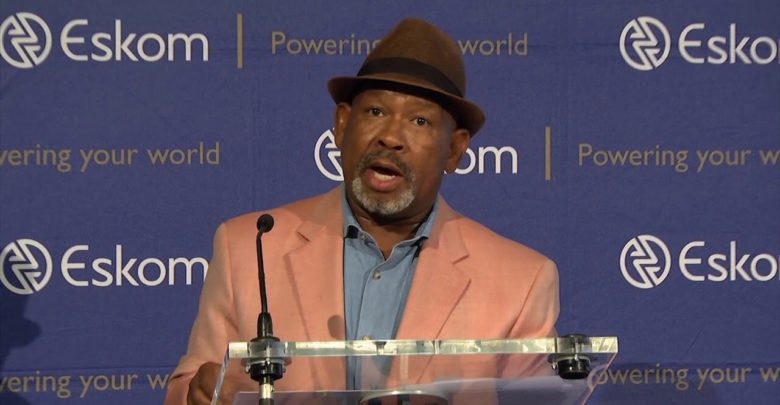World
Eskom Load Shedding Moves To Stage 3 On Tuesday
Residents and businesses have been requested to use electricity sparingly

The South African ailing power utility Eskom has announced stage 3 load shedding will be implemented from 8 am on Tuesday. Stage 3 load shedding means that 3,000 megawatts will be rotationally load shedded nationally.
The announcement follows stage two and stage four power cuts that occurred on Sunday and Monday respectively. The power outages were implemented after seven additional generating units went offline unexpectedly, reported Eyewitness News.
Although on Monday evening the power utility said that four units had returned to service and the remaining three would be back to service by Tuesday morning, it is likely that the outages will haunt people for the next few days as reserves are still low.
In an official statement released on Monday, the Eskom board revealed that it had an urgent meeting with the company’s executive management and Public Enterprises Minister Pravin Gordhan. Following the meeting, the board has assured the people of South Africa that it will follow up with a systems and operations update over the next 24 hours.
“We will have a systems and operations update within the next 24 hours,” said Eskom.
“We remain uncomfortable about the stability of the generating system, but will keep the country informed of our progress over the next few days in providing better assurance about electricity supply,” said Jabu Mabuza, the Eskom board’s chairman.
President Cyril Ramaphosa also expressed his concern on the power outage during a live Twitter broadcast. He said that the prospect of more power cuts by utility Eskom was most worrying.
“That comes as quite a shock,” Ramaphosa said adding, “It is reported that there are six units that are down – that is most worrying, most disturbing.”
Considering the load shedding at Eskom, the board has urged the residents and businesses to use electricity sparingly. It has also called out for an in-depth audit of the entire system to check out each and every technical problem in order to avoid unexpected crises in the future.






